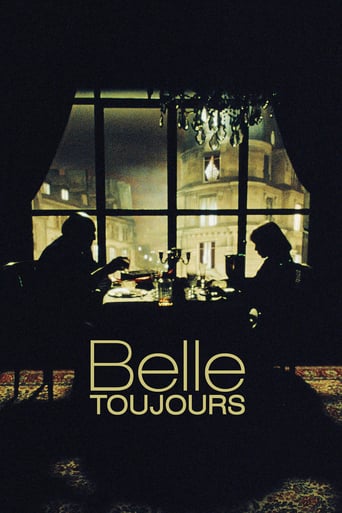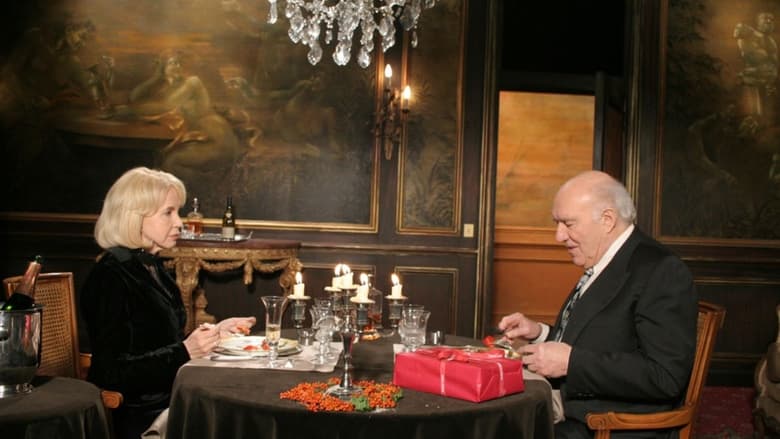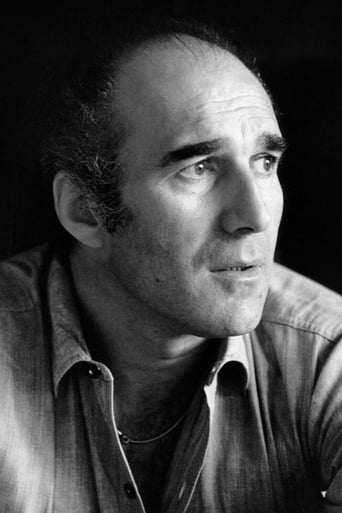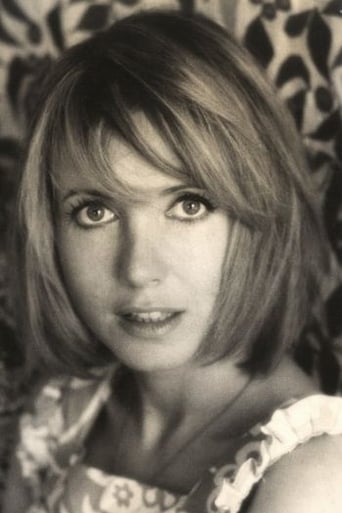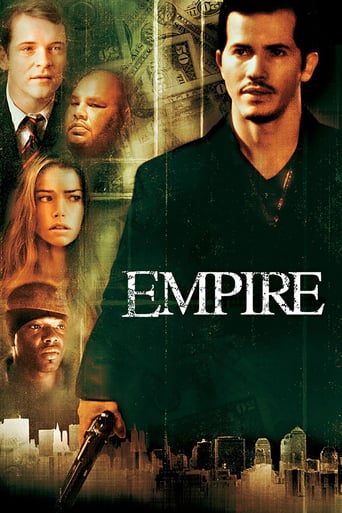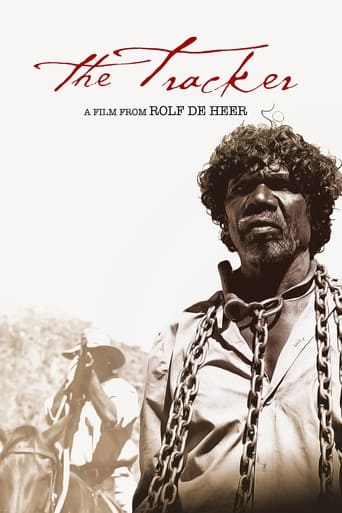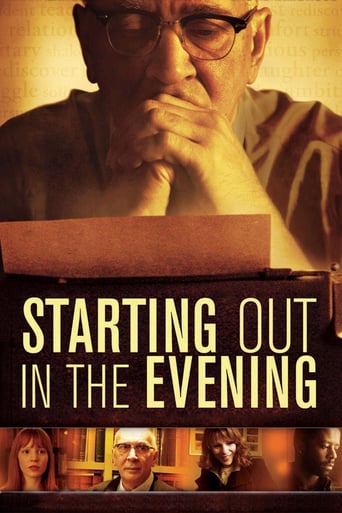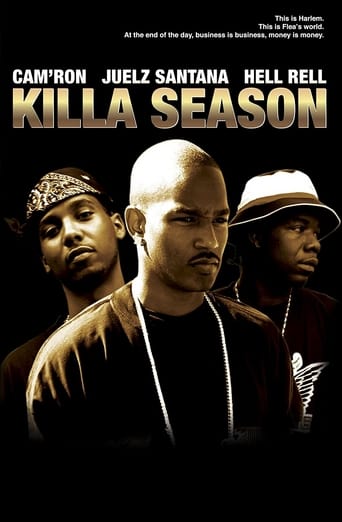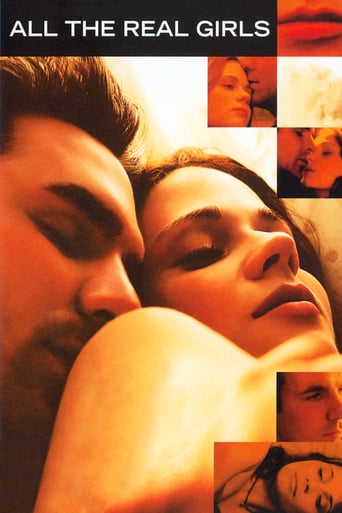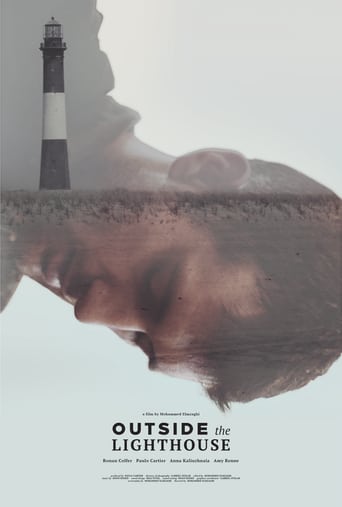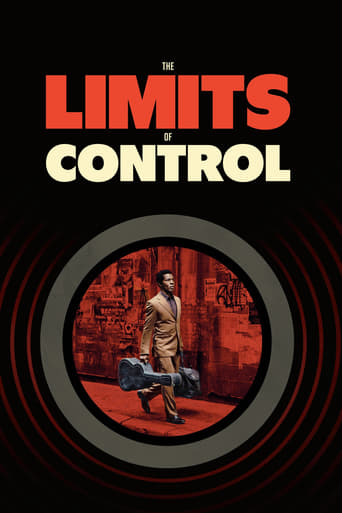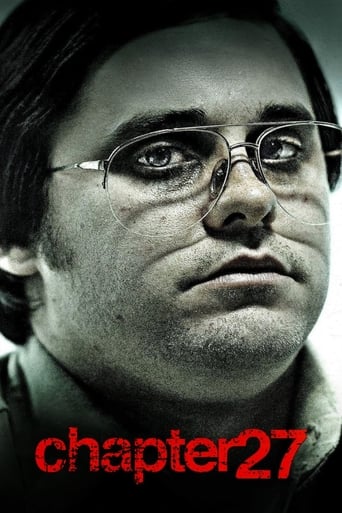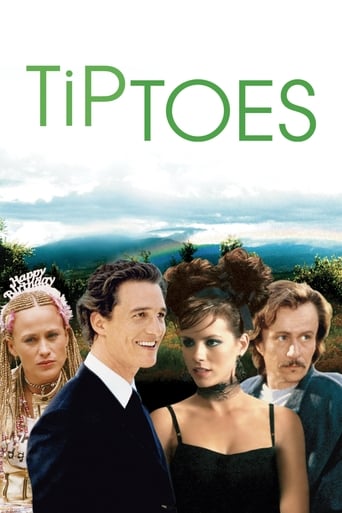Belle Toujours (2006)
38 years after the events in the Luis Buñuel classic Belle du jour, Henri Husson thinks he sees Séverine one night at a concert. He follows her and makes her face her past and then takes a slow revenge on her.
Watch Trailer
Free Trial Channels
Cast


Similar titles
Reviews
ridiculous rating
Better Late Then Never
The best films of this genre always show a path and provide a takeaway for being a better person.
Worth seeing just to witness how winsome it is.
Luis Bunuel's Belle de Jour is a classic of 1960s dark comedy, with the touches of surrealism that made the director such a house-hold name (for art-film households anyway) and had a seductive, sometimes cold but never less than interesting performance from Catherine Deneuve as Severine, who spends her days as a hooker in a brothel while her husband doesn't know. You may or may not recall Michel Piccoli was in the film as well, and had a pivotal moment - following being the one who originally gave Severine directions to the brothel - who may or may not have told her husband. Bunuel was smart and clever and right enough to not show us this conversation, only Severine seeing a single tear running down his cheek. We can read into it whatever we wish, which was the sly gift from the mater.The (now late) director Manoel de Oliveira decided in 2006, at the age of 100, to make a sort of "homage" to Bunuel and his collaborator Jean-Claude Carriere by making what is in all actuality a sequel to that film, where Piccoli's character Husson sees Severine at a classical music concert, tries to follow/track her down, and then when he does has dinner with her to talk about things. Will he finally tell her what she said? In truth, does it matter either way, one might ask? Certainly de Oliveira doesn't care.Despite an opening sequence at this concert hall that is simple and magnetic and wonderful to sit through - maybe in large part due to the music itself from Dvorak being so powerful - and a final dinner scene that has a couple of nice visual touches, this is just not that interesting. It doesn't work that Deneuve isn't back as Severine; I'm sure the director would argue this is a further homage to Bunuel (two actresses were used in That Obscure Object of Desire), but it just feels off seeing another actress there, who doesn't have the same looks (Deneuve, at her age today, is still astonishing looking by the way). The film is a scant 70 minutes long - 65 not counting credits - and it still feels padded out with scenes of watching characters eat their dinner, the waiters cleaning up, and lots of walking around.Belle toujours wasn't a bad idea, per-say. Revisiting such memorable characters years later and giving a new perspective could be captivating or enlightening, and as a stand-alone short film it could have worked (imagine, for example, if Husson and Severine meet right after the concert hall and grab a bite and talk, you cut out ALL of the mid-section and don't really miss much at all, other characters here are inconsequential really). At the same time, it was hard for me to also grasp what the "homage" was ultimately. There are two Bunuelian moments of surrealism, one involving a golden horse statue outside in Paris that may have real eyes (this works because there's build-up as Piccoli is staring at it), and another with a chicken that is just weird but weird for weird's sake, if that makes sense.The performances aren't terrible, and some of the camera-work is fine, but the film has not much reason to justify its existence. And the mystery and fun of Belle de Jour was that it was kept in its own, satirical 1960's Parisian world. Maybe there's something to be said about the nature of remembering things and how time changes people, but that feels weak here too. Again, as a short, this might be worthwhile. At 70 minutes, somehow, it feels too long. Not to mention, perhaps a nitpick but something I caught on to as this WAS a 100 year old director, all of the sound is turned up really high on things that don't matter.If you've been waiting to hear Michel Piccoli gulp his whiskey and chew his food, this is the movie for you I guess.
Running just a little over an hour in length, "Belle Toujours" is Portuguese director Manoel de Oliveira's homage to "Belle De Jour," the classic French film from the 1960s, written and directed by Luis Bunuel. The original featured Catherine Deneuve as a beautiful bored housewife with masochistic fantasies who whiles away her afternoons working as a prostitute in a Paris brothel. In the "sequel," Michel Piccoli returns as Henri Husson, the friend who first suggested the brothel to Severine, and who, all these years later, has decided to have a rendezvous with the woman.Though Piccoli reprises his role from the first movie, Severine is played by a different actress (Bulle Oglier), a casting imbalance that plays havoc with the symmetry of the piece. At least for "A Man and a Woman: Twenty Years Later," yet another misguided attempt at recapturing the magic of an earlier film, both Anouk Aimee and Jean-Louis Trintignant showed up for the reunion - though one can certainly sympathize with Deneuve's reluctance to lend her talents to this film, which is smug, self-indulgent, talky and inert, and does nothing to enhance one's memory of the original work (happily, the utter innocuousness of the film also prevents it from HARMING that memory as well).Henri basically spends the first two-thirds of the movie vainly trying to "connect" with Severine (they keep just missing one another, like in one of those Feydeau bedroom farces), and the last third dining with her in an opulent private room where they talk at length about the past and she tries to convince him that she's a "different" woman from the one he knew before - which should be perfectly obvious to anyone who remembers Catherine Deneuve. Then it all culminates in a fizzle-out ending, and we're left dumbfounded and openmouthed, wondering what the purpose for any of it could possibly have been.One thing, however, is certain: "Belle Toujours" is a complete waste of time and film.
If one were looking for a one-word description of this film Elegant would serve as well as any for elegance informs every frame from the concert hall of the opening sequence to the hotel where Severine is domiciled to the the bar where Husson learns this to the boutique outside which they arrange a rendez-vous to the private dining room where the rendez-vous takes place. In Germany they traditionally wrapped gifts in brown paper reasoning that it was the gift itself that mattered rather than the gift-wrap. Here we are offered exquisite layers of gift-wrap with the promise of a Faberge egg at the centre; alas, when the last layer has been lovingly unfurled we find merely a hollow enamel egg of the type once used to induce hens to lay.Octo (now nona) genarian Olveira thinks nothing of squandering eight minutes on a redundant opening sequence of several subsequent 30 second shots of Paris by day and night, eloquent punctuation for what amounts to a stylistic shaggy dog story. I enjoyed it but once is enough.
To be honest, despite Portuguese director Oliveira's considerable reputation (I was privileged to see the still-sprightly centenarian at the 2004 Venice Film Festival: by the way, this is the first among nine of his efforts I'll be watching to commemorate this rare upcoming occasion), I was skeptical about this sequel to one of Spanish surrealist master Luis Bunuel's greatest works BELLE DE JOUR (1967); once I had accepted that premise, however, I was still disappointed that the earlier film's protagonist, Catherine Deneuve, had refused to participate which her understandable reluctance to tamper with her signature role notwithstanding is even more curious given that she had already worked three times with Oliveira since 1995! Now that I've watched the film for myself which is remarkably brief, a mere 68 minutes, for this day and age! I realize that Severine (played now by Bulle Ogier, who had herself been delightful in Bunuel's THE DISCREET CHARM OF THE BOURGEOISIE [1972]) isn't really the main role here, but rather Husson (a returning and still bemused Michel Piccoli, where he seems to have gotten over his perennial feeling of coldness by becoming an alcoholic!); for the record, Piccoli had himself been a regular of Bunuel's (7 films) and, by this time, also of Oliveira's (6 films).Anyway, though the film (unsurprisingly) omits the seamless blurring of dream and reality that made BELLE DE JOUR so fascinating, it works better than a sequel to an undisputed art-house classic 40 years after the fact has any right to or I would ever have imagined myself (given my oft-declared admiration for Bunuel's oeuvre). That said, we do find in here some definite nods to his past achievements which clearly emerge to be among the most pleasing elements in the entire film: not only the retrieval of the famously mysterious buzzing box displayed by the heroine's Japanese client in BELLE DE JOUR itself (though one can't quite fathom how Husson was even aware of it in the first place, this was certainly a nice touch); the sardonic waiters during the 'climactic' meal recall their defecting counterparts in THE EXTERMINATING ANGEL (1962; which has, happily, just been officially announced as a 2-Disc Criterion edition for next February!); Severine's fate can ultimately be seen as a reversal of that experienced by VIRIDIANA (1961), going from lasciviousness to piety rather than the other way around; plus, of course and just as accidentally, the sheer fact that the leading lady of the original has now 'morphed' into a different other recalls the duality of the female protagonist of THAT OBSCURE OBJECT OF DESIRE (1977).There is plenty of interesting character detail and amusing situations besides: Severine's constant and nervy attempts at avoiding Husson (she still hasn't forgiven him for spilling the beans on the girl's "cathartic" vice to her now-deceased husband); Piccoli's revealing conversations with a young sympathetic barman played by Oliveira's own grandson and frequent actor Ricardo Trepa where, in spite of his obviously advancing age, Husson's erudite distinction still catches the eye of two lonely prostitutes, regulars of the spot; Husson's fascination with the gold-tinted statue of a female warrior on horseback in a Parisian square; not to mention, lovely views of Paris (by day and night) which are employed throughout as transitions between scenes. Eventually, the mismatched couple do get to run into each other though, somewhat perversely, we're kept in the dark as to their actual initial exchanges; they at least make an appointment for a candle-lit dinner, which is consumed in utter silence but, then, the two gradually open up. Still, Husson's evasiveness giving a cryptic reply to Severine's query (which has continued to haunt her ever since) about the exact nature of his confession to her husband all those years ago, in order to determine the meaning behind the tears she had noticed on Pierre's cheeks soon after so infuriates the woman that she storms out in disgust!

